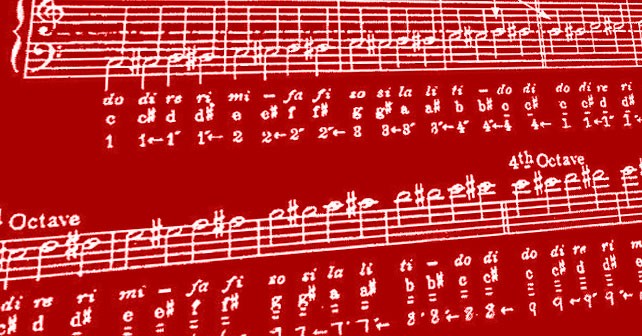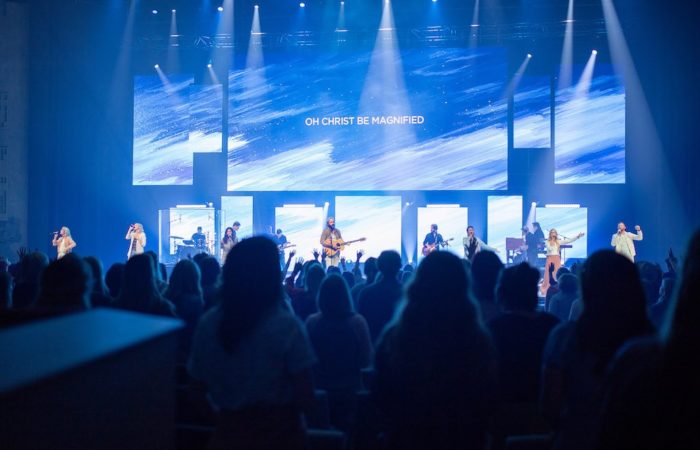This Hillsong United musician may surprise you:
I’ve been thinking lots about our 10 campuses here in Australia, thinking about the musicians and singers that join our team, the variety of skill level we encounter, the variety of programs/opportunities we have on a regular basis, the 52 different services we do across one weekend alone – not to mention the tours, albums, Christmas Spectaculars etc. When you add that up, that’s lots of songs, lots of singing and playing and lots of learning!!
When it comes to “normal” church music, we often defer to the “we will just learn it by ear” mindset, and play the song until we’ve learned it by ear, or occasionally have a chart handy we can refer to. We sometimes scoff at the old school church organists that plays each note by lead sheets, thinking that in our myriad of synthesized keys sounds and arpeggiators and amazing layers upon layers upon layers of reverb and distortion, our need for musical competency has diminished. We tend to think that because we can sing higher or stronger than the other vocalists we have no need for musical knowledge.
Here are a couple of my thoughts for us to think about…
1. A musician/singer should never outgrow basic music theory.
If you have increased knowledge and understanding, your skill set improves. I don’t think anyone can ever fully master the art of music, and it should be a priority for every singer and musician to continue to upskill their knowledge and work on their craft. Even If you are an excellent church musician, learn another genre of music; take jazz lessons, or something else that stretches you musically.





